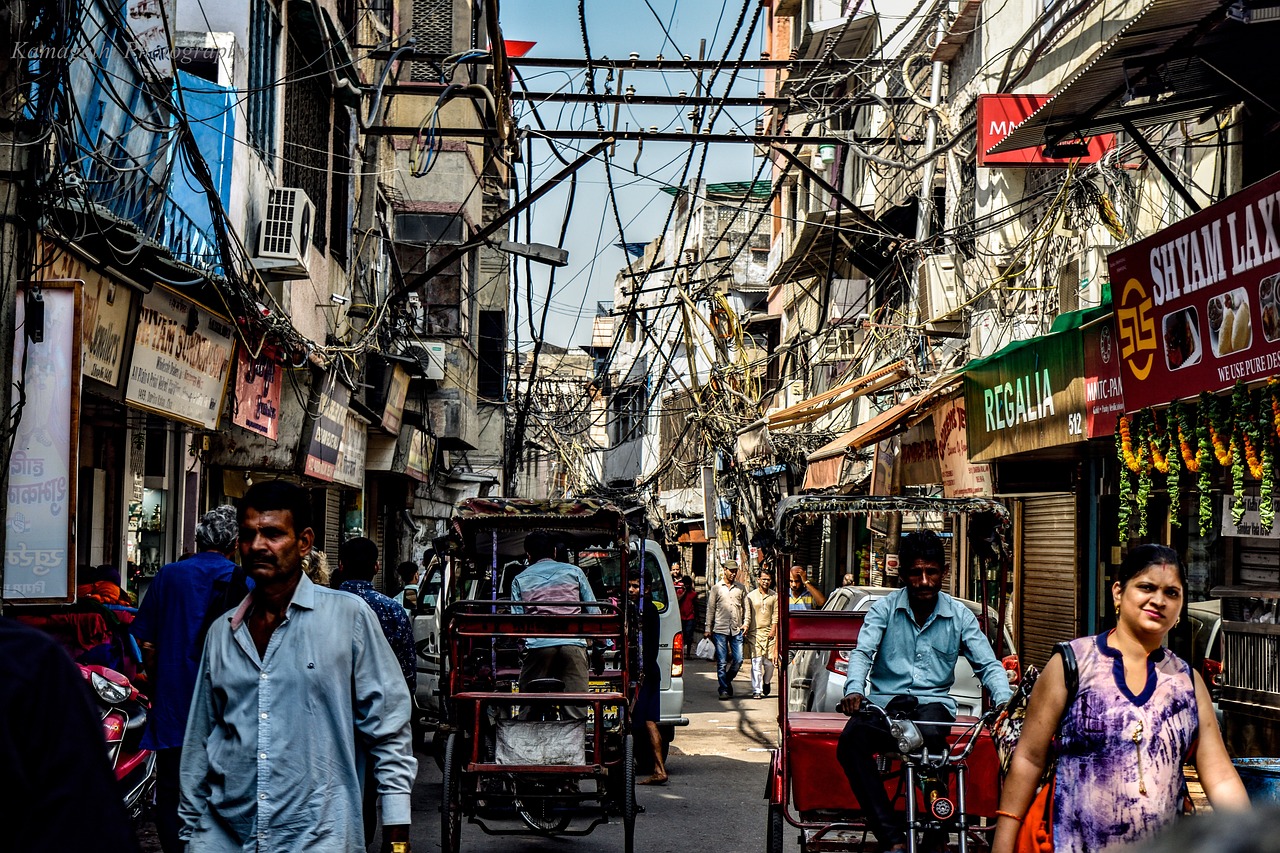Election Debates in the Age of Misinformation: Strategies for Fact-Checking
One key aspect of identifying misinformation in election debates is scrutinizing the sources of information presented. It is crucial to verify the credibility and reliability of the data and claims put forth by candidates, as well as to cross-reference them with reputable sources to ensure accuracy. Additionally, analyzing the context in which certain statements are made can help distinguish between genuine arguments and misleading information.
Furthermore, fact-checking statements made during election debates is essential in uncovering falsehoods and misleading rhetoric. This involves comparing the information presented with verifiable facts and statistics, as well as consulting experts in relevant fields to assess the accuracy of claims. By critically examining the content of debates and highlighting inaccuracies, voters can make more informed decisions based on reliable information.
Understanding the Impact of Misinformation on Voter Decisions
Misinformation in election debates has been found to have a significant impact on voter decisions. When false claims or distorted information circulate widely, they can sway voters’ perceptions and influence their choices at the polls. This misinformation can lead to confusion among voters, making it challenging for them to make informed decisions based on facts and accurate information.
Research has shown that misinformation can also contribute to the polarization of political beliefs among voters. False claims and misleading information tend to reinforce pre-existing biases and beliefs, further dividing the electorate. This polarization can make it difficult for voters to engage in constructive dialogue and compromise, ultimately affecting the overall democratic process and the health of the political system.
• Misinformation in election debates can sway voters’ perceptions and influence their choices at the polls.
• False claims and distorted information can lead to confusion among voters, making it challenging for them to make informed decisions based on facts.
• Research has shown that misinformation can contribute to the polarization of political beliefs among voters.
• False claims tend to reinforce pre-existing biases and beliefs, further dividing the electorate.
• Polarization makes it difficult for voters to engage in constructive dialogue and compromise, affecting the overall democratic process.
The Role of Fact-Checking Organizations in Debunking False Claims
Fact-checking organizations play a crucial role in scrutinizing the accuracy of claims made by politicians during election debates. These organizations employ rigorous fact-checking methodologies to assess the validity of statements, helping to separate truth from falsehood. By conducting in-depth research and analysis, fact-checkers provide voters with reliable information to make informed decisions at the polls.
In today’s digital age, the spread of misinformation can have a significant impact on voter decisions. False claims circulating on social media platforms and news outlets can sway public opinion and influence election outcomes. Fact-checking organizations act as a counterforce to combat the spread of misinformation, debunking false narratives and holding politicians accountable for their statements. By shedding light on inaccuracies and distortions, these organizations contribute to maintaining the integrity and transparency of the electoral process.
What is the importance of fact-checking organizations in debunking false claims?
Fact-checking organizations play a crucial role in holding politicians and public figures accountable for their statements by verifying the accuracy of the information they provide to the public.
How do fact-checking organizations identify misinformation in election debates?
Fact-checking organizations analyze statements made by candidates during debates and cross-reference them with credible sources to determine the accuracy of the information being presented.
What impact does misinformation have on voter decisions?
Misinformation can influence voter decisions by shaping their perceptions of candidates and issues, leading to uninformed voting choices that may not align with their best interests.
How can fact-checking organizations help combat misinformation during elections?
Fact-checking organizations provide the public with accurate information and evidence-based analysis to counter false claims and misleading statements made by candidates, helping voters make informed decisions at the polls.
Are fact-checking organizations unbiased in their assessment of false claims?
Fact-checking organizations strive to maintain impartiality and objectivity in their evaluation of false claims, relying on evidence-based research and data to verify the accuracy of information presented to the public.







